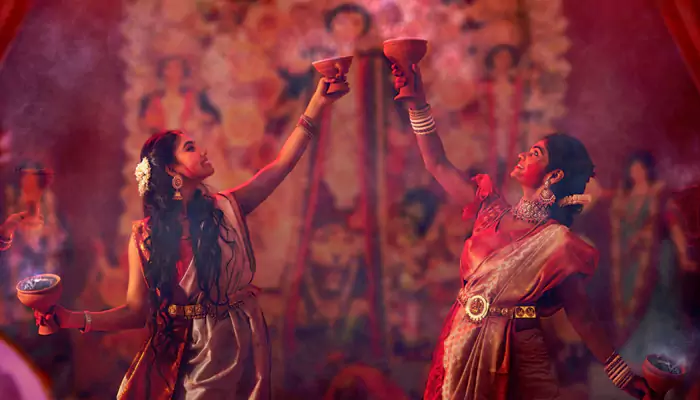Celebrating Gandhi Jayanti - Why the Greatest Advocate for Peace Never Won the Nobel Prize
- Sayan Paul
- 4 months ago
- 5 minutes read
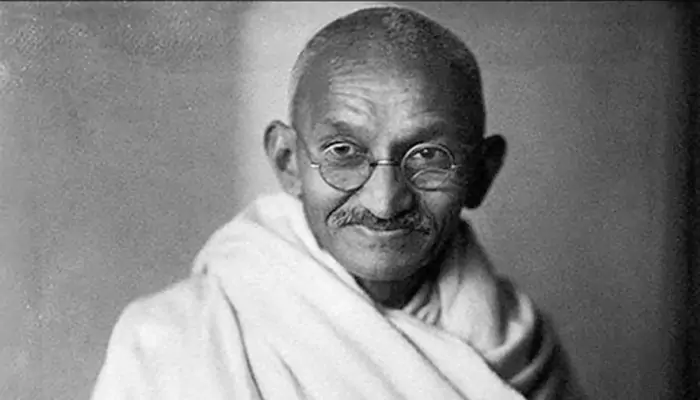
Imagine Gandhi writing on social media, "No, I won’t get a Nobel Peace Prize no matter what I do...!"
It’s quite ironic that Mahatma Gandhi never won the Nobel Peace Prize. I mean, many who followed his path (like the Dalai Lama, Nelson Mandela, and Martin Luther King Jr.) did receive it. Yet Gandhi, who inspired millions to fight for justice without violence, was overlooked by the committee. The reasons weren’t random, though, but some of them still spark debate today. As we celebrate Gandhi Jayanti, let’s take a closer look at why the man who lived and breathed peace never got the recognition he clearly deserved.
Nominated 5 Times
The Nobel Committee did not completely ignore Gandhi. In fact, he was nominated for the Nobel Peace Prize five times.
His first nomination came in 1937, put forward by Norwegian Parliament member Ole Colbjørnsen. Gandhi made it to the committee's shortlist of 13 candidates that year. He was nominated again in 1938 and 1939, but on these occasions, he did not make it to the shortlist. His fourth nomination came in 1947, and he was one of six candidates shortlisted.
Finally, in 1948, just a few days before his assassination, Gandhi received his last nomination. That year, he was proposed by BG Kher, Govindh Bhallabh Pant, and GV Mavalankar. Once again, he was among six shortlisted candidates, but the prize ultimately went unawarded.
But Why Did Gandhi Never Win the Prize?
Now, the question of why Gandhi was never awarded the Nobel Peace Prize has puzzled historians for decades. Several factors contributed to this, ranging from the nature of his work to political concerns.
The most widely cited explanation is that Gandhi did not fit into the Nobel Committee’s conventional categories. His approach to peace was unconventional and not to mention revolutionary, making it difficult for the committee to assess his work within their standard framework.
In 1937, the committee’s adviser, Professor Jacob Worm-Müller, wrote a critique describing Gandhi as a complex figure, saying, “There are sharp turns in his policies, which can hardly be satisfactorily explained by his followers. He is a freedom fighter and a dictator, an idealist and a nationalist. He is sometimes a Christ, but then suddenly an ordinary politician.” Worm-Müller referred to Gandhi’s first Non-Cooperation Movement of 1920-1921, pointing out that Gandhi was not always strictly pacifist and that his ideals were not universally applied.
He also noted that Gandhi’s well-known struggle in South Africa primarily benefited Indians, while the local black population faced even harsher conditions, suggesting that Gandhi’s work was not as universally oriented as the committee preferred.
By 1947, Gandhi was considered the strongest contender for the Nobel Peace Prize. He was widely described as “the greatest living exponent of moral order and the most effective champion of world peace today.” Yet some committee members opposed awarding him the prize, citing his involvement in tensions between India and Pakistan during partition.
1947 :: Mahatma Gandhi Recommended For Nobel Peace Prize ( @NobelPrize ) pic.twitter.com/UpW3L8NXn8
— indianhistorypics (@IndiaHistorypic) February 7, 2021
(Credit: indianhistorypics)
In 1948, many expected Gandhi to receive the prize posthumously. There were a few other candidates that year, and Gandhi’s nomination seemed almost certain. However, the committee argued that Gandhi did not belong to any organization, left no property, and had no will specifying who should receive the prize money. Ultimately, they declared there was “no suitable living candidate” and did not award the prize that year.
#OTD in 1948 the Norwegian Nobel Committee decided to make no award that year on the grounds that "there was no suitable living candidate".
— The Nobel Prize (@NobelPrize) November 18, 2018
Would Mahatma Gandhi have been awarded the #NobelPrize if he hadn’t been murdered on 30 January 1948?
More info: https://t.co/wguSgNHzJP pic.twitter.com/BgQJrNwcsf
(Credit: The Nobel Prize)
Mahatma Gandhi, the Lost Laureate
It's worth noting that over the years, the Nobel Committee has publicly acknowledged its regret for not awarding Gandhi. In an article titled “Mahatma Gandhi, the Lost Laureate,” the committee reflected on the decision: “Up to 1960, the Nobel Peace Prize was awarded almost exclusively to Europeans and Americans. In retrospect, the horizon of the Norwegian Nobel Committee may seem too narrow. Gandhi was very different from earlier laureates. He was no conventional politician, no proponent of international law, not primarily a humanitarian relief worker, and not an organizer of international peace congresses. He represented a new kind of laureate.”
The archives also show that the committee did not consider the possibility of angering British authorities as a reason for skipping Gandhi. This rules out the theory that political pressure alone led to the omission.
Gandhi was nominated for the Nobel Peace Prize a few days before he was assassinated #OnThisDay in 1948 - putting him on the Nobel Committee's shortlist for the third time.
— The Nobel Prize (@NobelPrize) January 30, 2021
Read more about the missing laureate: https://t.co/Q3cniIiZG9 pic.twitter.com/jL66866tL0
Credit: The Nobel Prize)
Even decades later, the Nobel Committee recognizes that Gandhi’s absence among laureates remains one of its most notable oversights. His methods of peaceful resistance, civil disobedience, and commitment to nonviolence set him apart from anyone else of his time, making him both a unique nominee and a singularly important figure in the history of global peace movements.
But did Gandhi need a Nobel Prize? Well, recognition and awards do not always capture the true value of a person’s impact. His philosophy of nonviolence and his relentless pursuit of justice inspired millions around the world and influenced leaders.

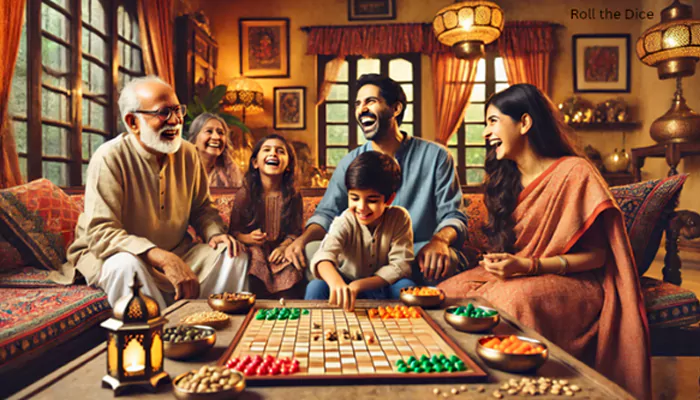
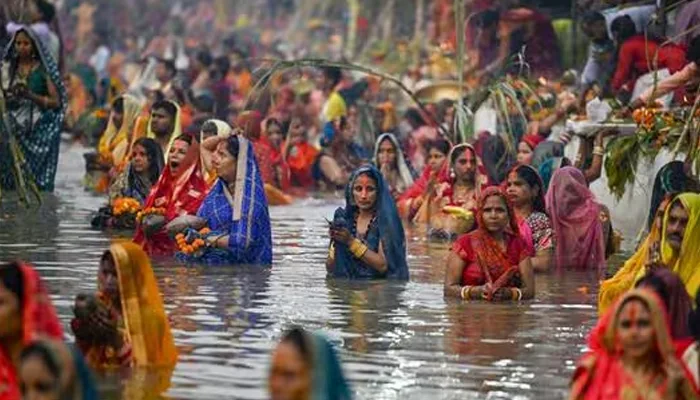

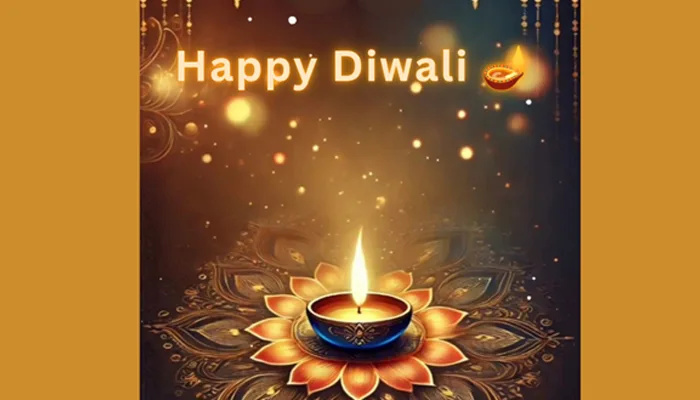
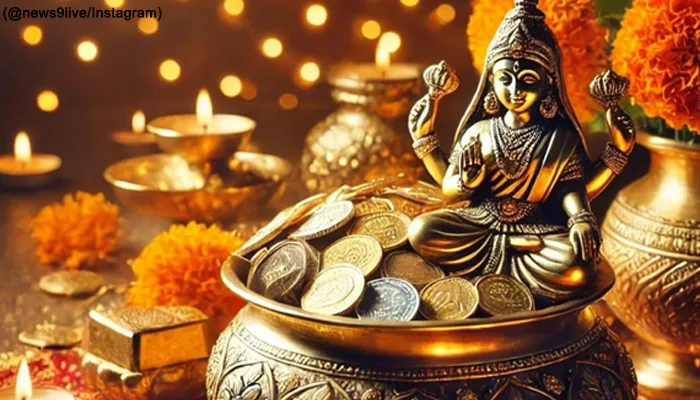

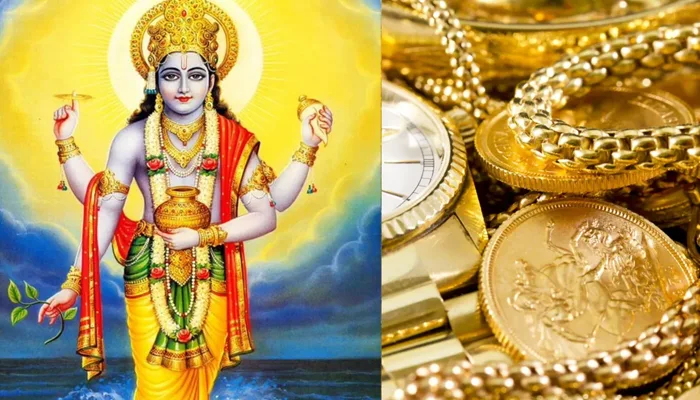
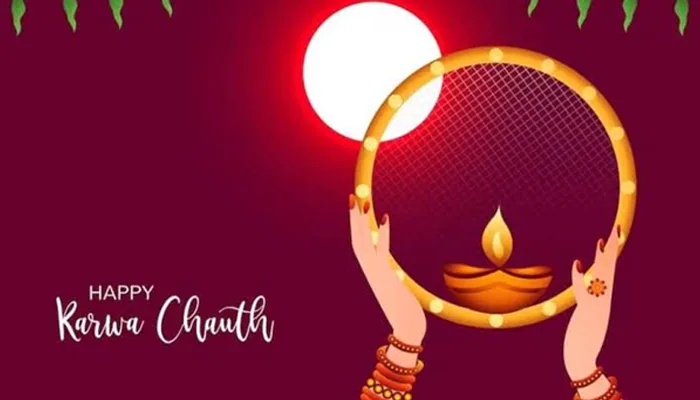

.webp)
